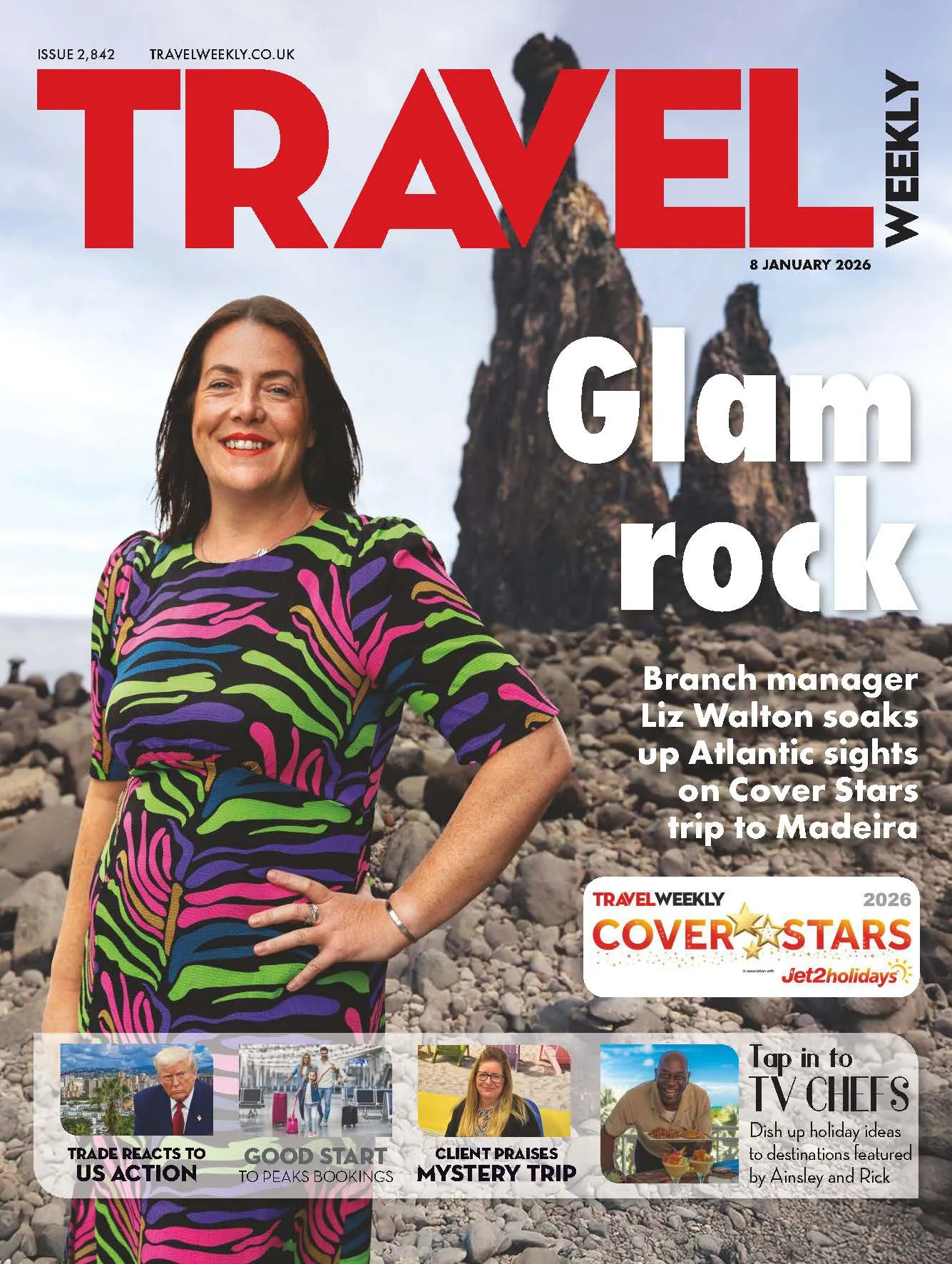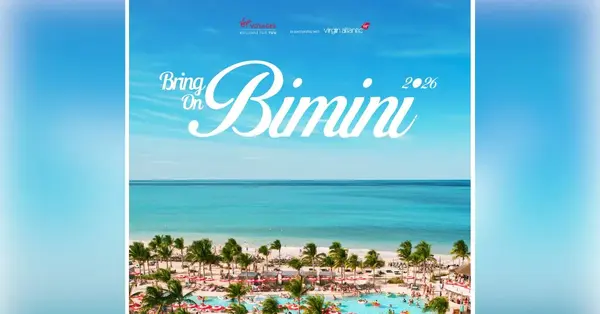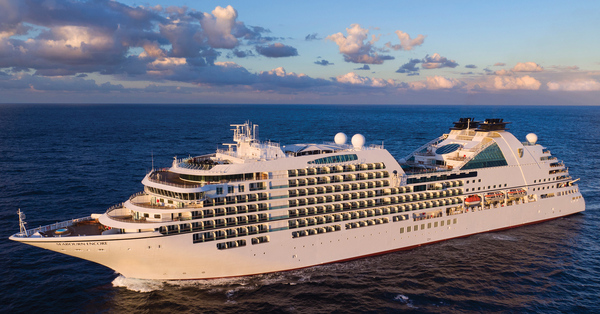You are viewing 1 of your 2 free articles
US remains top long-haul destination, reports TTNG
The US has retained its top spot in the league of long-haul destinations, according to The Travel Network Group, despite “consumer sentiment”.
Vim Vithaldas, chief commercial officer, told delegates at the consortium’s conference: “I am very surprised to see US still at number one, as – talking to members and suppliers – people say it is too expensive or that they don’t like the politics, so they can’t afford it or they are boycotting it.
“But they are still going.”
He also noted that the dollar-sterling exchange rate has moved to be more “in our favour” in the past few weeks, which should help the US remain number one.
The other top long-haul destinations for TTNG are Thailand, India, Mexico and the Maldives.
For Europe, Spain and its islands are the favourite, followed by Greece, France. Turkey and Cyprus.
But Vithaldas noted that Portugal has dropped out of the top five as prices have risen in the country, with Turkey replacing it.
“Tourists are more curious and want to explore more, such as eastern Europe [so] new countries are increasing at the expense of traditional destinations,” he added.
Mainstream holidays account for 36% of the market, compared to 35% last year, with cruise now accounting for 20%, up from 18% in 2024.
He also warned delegates that clients who book their main holidays with agents will often book their second or third holiday of the year direct – which may encourage them to book their main holidays direct too.
“Ask them at the start of the year about all their holiday plans,” he advised, encouraging them to seal bookings for those extra trips, such as city breaks.
Other growing sectors where agents can take advantage of high-value bookings with good commission are touring and river cruises, he added.
Similarly, ancillaries account for 1% of market, but clients will be spending money on extras so “why leave them on the table…the commission is good”, he said.
Another positive trend for agents is the increasing number of multigenerational holidays, which are most likely to be booked by the grandparents, who, in turn, are more likely to book with agents.
Older travellers are also more likely to book further ahead, with just 28% of those aged 65 or more booking within eight weeks of departure, because they want assurance and to lock in their first choice of destination.
Meanwhile, 80% of those aged 16-24 tend to book within eight weeks of departure.
As he outlined the different mindsets of various demographics, he urged delegates to understand their own client base and “adapt accordingly”.
“Is your local marketing targeting the right demographic?” he asked.
More than 400 delegates are at the conference in the JW Marriott Bucharest Grand Hotel, from June 14-17.
More: Why our conference theme is ‘winning hearts and creating journeys’


















